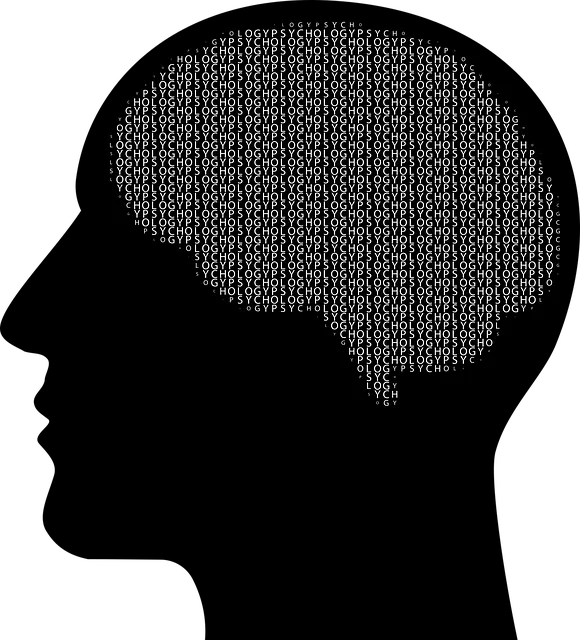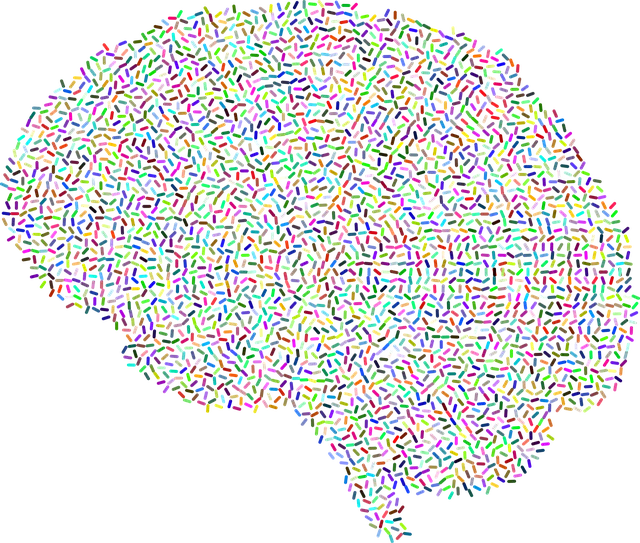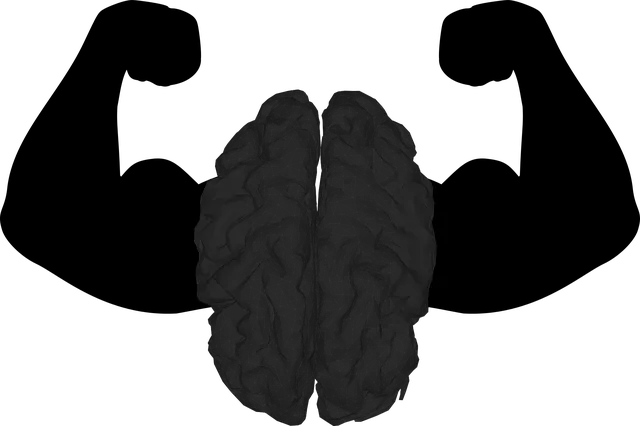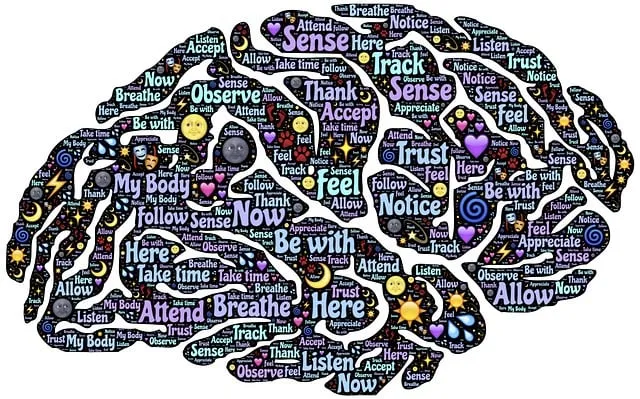The Wheat Ridge Kaiser Permanente mental health access center employs a data-driven approach using RFM (Reach, Frequency, Monetary value) to tailor patient care. They integrate resilience building exercises and the Resilient Factors Method (RFM) to enhance emotional well-being of both patients and staff. Centered around personalized programs for diverse patient populations, WKP MHAC utilizes empathy building strategies, mindfulness, self-care routines, and arts therapy to improve mental health outcomes, reduce burnout, and foster a supportive environment.
The implementation of Resilience, Frequency, and Motivation (RFM) exercises has emerged as a powerful strategy in mental healthcare. This article explores how the RFM framework, specifically at the Wheat Ridge Kaiser Permanente Mental Health Access Center (WKP MHAC), enhances patient engagement and fosters resilience. We delve into the significance of resilience-building activities, their integration into clinical settings, and the process of designing tailored exercises for diverse populations. Additionally, we discuss evaluation methods to measure the impact of RFM on patient outcomes at WKP MHAC.
- Understanding RFM: A Framework for Measuring Patient Engagement
- The Importance of Resilience Building Exercises in Mental Health Care
- Integrating RFM into the Wheat Ridge Kaiser Permanente Mental Health Access Center
- Designing Effective Resilience Exercises for Diverse Patient Populations
- Monitoring and Evaluating the Impact of RFM Implementation at WKP MHAC
Understanding RFM: A Framework for Measuring Patient Engagement

At Wheat Ridge Kaiser Permanente mental health access center, understanding patient engagement is crucial for delivering effective care. This is where RFM—a powerful framework—plays a pivotal role. RFM stands for Reach, Frequency, and Monetary value, providing a structured approach to assess how actively engaged individuals are with the services provided. By evaluating these metrics, mental health professionals can gain valuable insights into patient participation, which is essential for tailoring treatments to meet individual needs.
This framework helps in identifying patients who may require additional support. For instance, those who consistently engage with services (high frequency) but have low monetary value contributions might be experiencing subtle improvements or facing barriers like financial constraints. Conversely, patients with high reach and monetary value could benefit from more intensive interventions aimed at improving mood management and anxiety relief while fostering self-esteem improvement.
The Importance of Resilience Building Exercises in Mental Health Care

Resilience building exercises play a pivotal role in enhancing mental health care, especially at centers like Wheat Ridge Kaiser Permanente’s mental health access center. These exercises are designed to empower individuals with coping strategies and emotional resilience, enabling them to navigate life’s challenges more effectively. By integrating such practices into mental healthcare routines, centers like Wheat Ridge Kaiser Permanente can significantly contribute to the reduction of mental illness stigma while fostering self-care practices among their patients.
Regular engagement in resilience building activities not only improves overall mental wellness but also paves the way for the development of robust Self-Care Practices and Mental Wellness Coaching Programs. This holistic approach ensures that individuals not only learn to manage their symptoms but also develop long-lasting strategies to maintain a healthy mind, fostering a sense of empowerment and improved quality of life.
Integrating RFM into the Wheat Ridge Kaiser Permanente Mental Health Access Center

The Wheat Ridge Kaiser Permanente Mental Health Access Center recognized the need to integrate innovative resilience-building exercises into their healthcare services. This strategic move aimed to combat the widespread issue of burnout among healthcare providers, a growing concern within the industry. By incorporating Resilient Factors Method (RFM) techniques, the center strives to enhance emotional regulation and promote self-care routine development for better mental health among its staff.
The RFM approach offers a structured framework to identify and cultivate resilience, enabling healthcare professionals to navigate demanding work environments more effectively. Through tailored exercises, providers can learn to manage stress, improve coping mechanisms, and foster a sense of well-being. This proactive measure aligns with the center’s commitment to supporting the holistic health of its employees, ultimately ensuring sustained quality care for patients at the Wheat Ridge Kaiser Permanente Mental Health Access Center.
Designing Effective Resilience Exercises for Diverse Patient Populations

Designing effective resilience exercises requires a nuanced approach to cater to diverse patient populations, as demonstrated by the comprehensive programs at the Wheat Ridge Kaiser Permanente mental health access center. These centers often serve individuals from various cultural backgrounds, age groups, and with unique mental health challenges. For instance, resilience training for adolescents may focus on building coping mechanisms through group discussions and creative arts, fostering a sense of community and understanding. In contrast, programs targeting older adults might emphasize mindfulness practices and social engagement to enhance emotional healing processes, considering their specific needs and preferences.
A successful Mental Health Policy Analysis and Advocacy strategy should reflect this diversity by incorporating Empathy Building Strategies into resilience exercises. By encouraging active listening, perspective-taking, and cultural sensitivity, these strategies help participants develop deeper connections and a broader understanding of one another’s experiences. This not only strengthens the support system within the group but also empowers individuals to apply learned skills in their daily lives, ultimately contributing to improved emotional well-being and resilience.
Monitoring and Evaluating the Impact of RFM Implementation at WKP MHAC

The successful implementation of RFM (Resilience, Fitness, and Mindfulness) initiatives at the Wheat Ridge Kaiser Permanente Mental Health Access Center (WKP MHAC) has led to a significant shift in promoting emotional well-being among its clientele. Regular monitoring and evaluation have been instrumental in understanding the impact of these exercises on patients’ mental health journeys. Through structured assessments, WKP MHAC tracks improvements in areas such as stress reduction, enhanced coping mechanisms, and overall resilience. This data-driven approach ensures that the center can tailor their programs to meet the diverse needs of individuals seeking support for their mental health.
The Emotional Well-being Promotion Techniques implemented include regular sessions on Self-Care Routine Development for Better Mental Health, encouraging patients to integrate mindfulness meditation into their daily lives. These exercises have shown promising results in improving patient satisfaction and engagement with their treatment plans. By fostering a sense of resilience, WKP MHAC aims to empower individuals to manage their mental health effectively, leading to longer-lasting positive outcomes.
The implementation of RFM (Resilience, Flexibility, and Mastery) exercises at the Wheat Ridge Kaiser Permanente Mental Health Access Center has shown promising results in enhancing patient engagement and improving mental health outcomes. By integrating this framework, WKP MHAC has successfully navigated the importance of resilience-building within mental healthcare, tailoring exercises to diverse patient populations. Through careful design and monitoring, the center continues to revolutionize care, ensuring a more holistic approach to healing. This strategy underscores the potential for RFM to become a game-changer in managing mental health, offering a vibrant tapestry of support for patients navigating life’s challenges.






